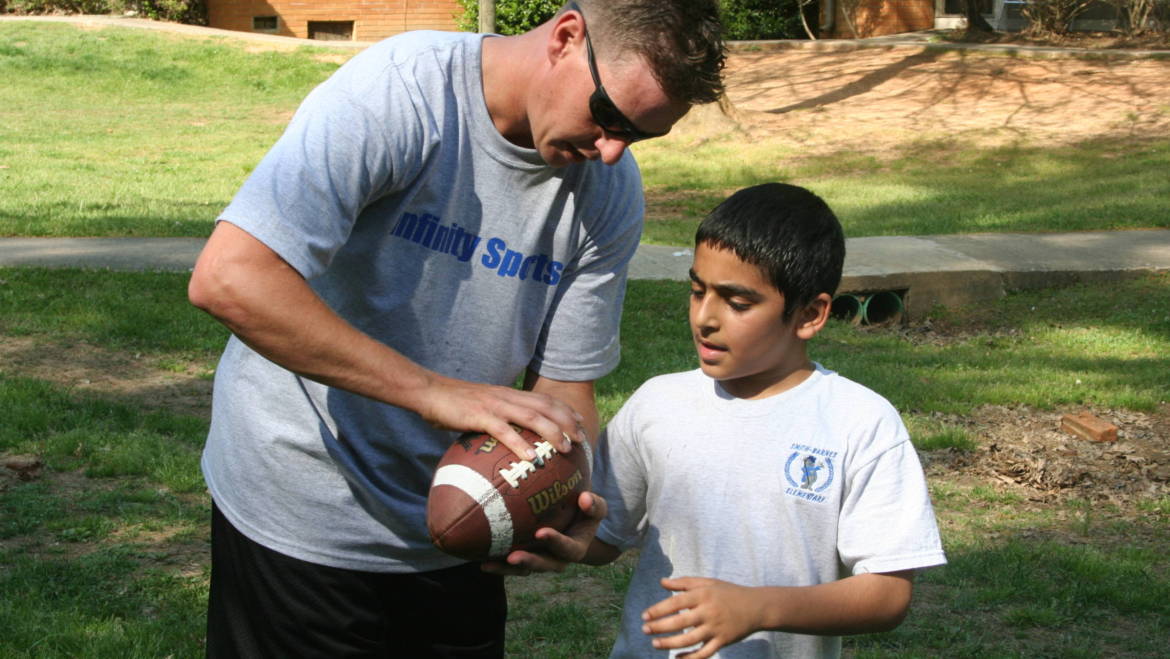John Gagliardi, not a household football coaching name, but he has impacted multiple athletes, opponents and fans for over 60 years of coaching. Impact came from more than what was learned on the football field. Life lessons were a strong part of what made him a great coach. It would be tough to replicate his style of coaching today, but not impossible. In the book “NO-How Coaching” written by Jim Collison details what made him successful. John said that St. John’s University plays football the way God means it to be played. With precision. with no wasted motion. With confidence. With elements of surprise. Even with, and maybe especially with, fun.
Some of his 108 Coaching NO’s include: NO goals needed, we just expect great things to happen; NO playbook. This helps the players keep their minds clear and uncluttered by pride and nonsense, and focused on their only mission: to win! Some call him anti-coach, because his approach to coaching over the years has gone against the traditional, honored and almost sacred rules. Some of these include no precision warm-up drills. No tackling in practices. No traditional calisthenics. No cheerleaders????
The books explains John’s Winning NO’s and explains their importance for winning in sports and in the work world. For example. Just treat everyone the way you’d like to be treated. He tells the players to do everything they can to help the new guys. This helps the “team” effort. John was empowering his players long before empowerment became a workplace buzzword. His seasoned players, the older men, do most of the day-to-day coaching. They’re the team leaders. “From day one, the seniors, the older guys, take over,” he says. “They’re the greeters, they run the drills. They teach the younger guys. That’s why we get by with so few coaches.”
Motivate by treating people the way you want to be treated. “Find the right people, show them what to do, then get out of the way.” Also, they create a culture of confidence in your people. They want players who don’t need rules. Who instinctively do the right thing. It’s really why his unorthodox coaching works. The reason . . confidence in what we’re doing.
I believe our culture longs for the simple ways that John lived by (also, he prefers not to be called “Coach”). A lot more lessons to learn from John, who because 2nd in games won during his collegiate career, not that that mattered to him.
